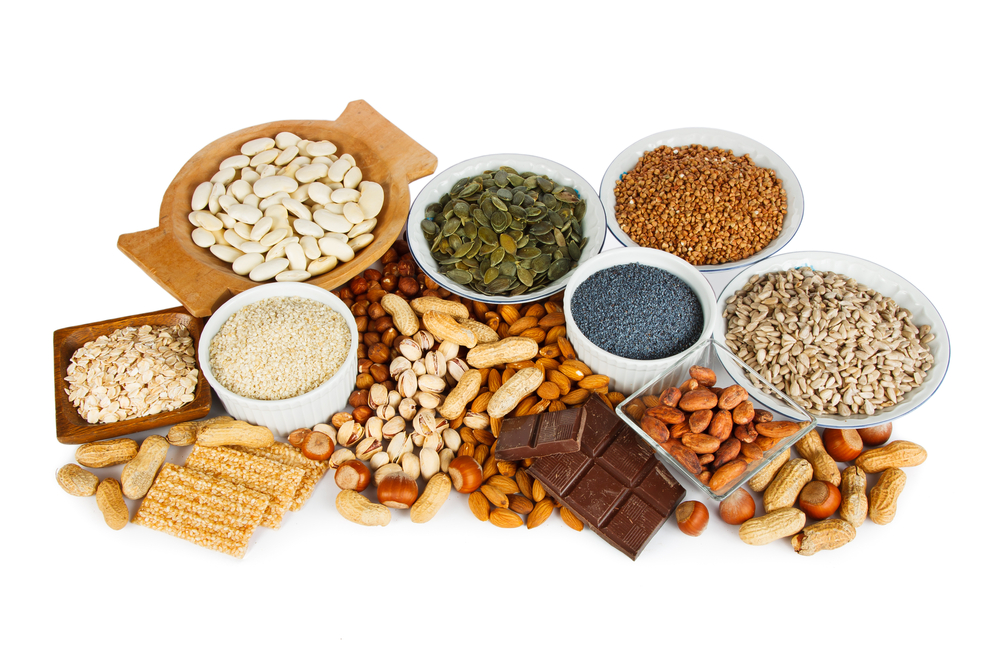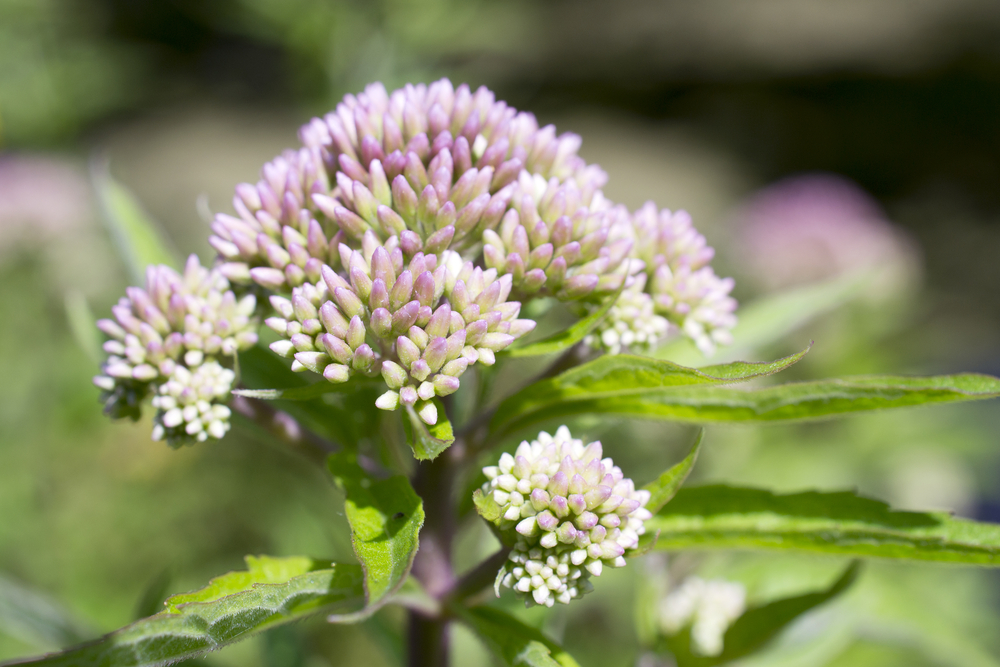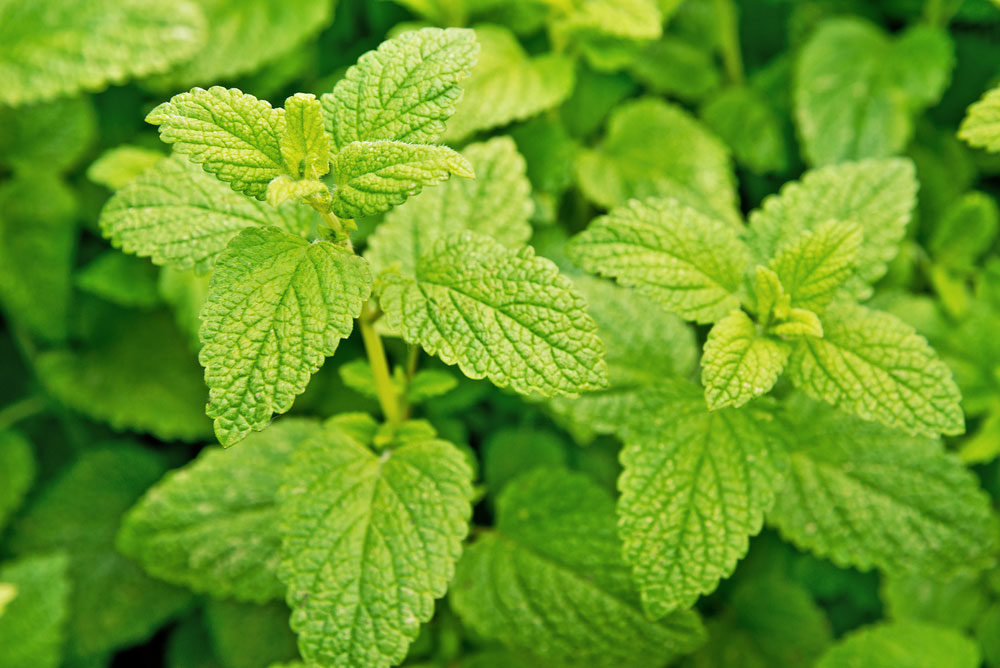We hardly need reminding just how important sleep is for our health. It’s estimated that about 50 to 70 million people around the world suffer from sleep disorders but it’s likely to be much higher than this. Lack of sleep can effect your mood, energy levels, motivation, and ability to concentrate, all of which have an impact on your quality of life.
With World Sleep Day happening this month it’s a great time to take stock of your sleep quality and share some ways in which you can sleep better.
Clinical Nutritionist Suzie Sawyer shares her top sleep tips.
See the morning light

Many of us struggle with sleep because the body is not producing enough melatonin, our sleep hormone. Unfortunately, we naturally produce less as we get older.
Research has found that if we can some bright morning light first thing, this helps produce more melatonin when it gets dark. Essentially, if you can get out for a short, brisk walk, first thing in the morning, without sunglasses, it’s an incredibly effective way of increasing melatonin levels.
Avoid caffeine after 3pm

Even though you may not be aware of being caffeine sensitive, caffeine might be causing you sleep issues. It takes around eight hours for caffeine to be metabolised through the body so if you have a caffeinated drink close to bedtime, it may not be serving you very well.
It’s easy to forget that chocolate also contains caffeine so a chocolate-based drink before bedtime may also be causing issues for you. However, other milky drinks before bedtime are helpful because milk is a great source of the amino acid tryptophan, which is needed to produce melatonin. Go for a milky drink containing hops or other herbs, or even just warmed milk alone. Save the chocolate for earlier in the day.
Relax with magnesium

I’ve said it often, but the mineral magnesium really is ‘nature’s natural tranquiliser’. As one of its many jobs, magnesium helps muscles relax, which in turn helps us sleep.
Try to increase the number of foods containing magnesium that you eat during the day: go for whole grains, nuts, seeds, and leafy green veggies. By eating more of these foods, you’ll also be eating fewer ultra-processed foods which contain lots of preservatives and other chemicals which can become a barrier to peaceful slumbers.
However, if you’re really struggling with sleep, then it’s try magnesium in the glycinate form as a supplement too.
And for a relaxing start to your bedtime routine, then enjoy a warm bath with magnesium flakes to help send you to the land of nod.
Try the herb valerian

There’s no end to the power of nature and what it provides for our health. Our ancestors always turned to plants to provide relief of a range of ailments, therefore many of these remedies have long been tried and tested.
The herb valerian has much research around its ability to help sleep. Whist many traditional sleep medicines can leave you feeling drowsy the next day, valerian doesn’t have this downside. It can help you relax before sleep and is readily available in supplement form from health food shops.
Try some lemon balm tea

Lemon balm (Melissa officinalis) is a plant from the mint family with a mild lemony flavour. It’s been used for many years to help sleep because it has a gentle sedative effect, and much research also supports this.
There are plenty of supplements containing lemon balm, which may be helpful if you’re struggling to sleep. However, you might also try a calming tea to drink before bedtime, another great caffeine-free alternative. It’s easy to find fresh lemon balm leaves from which you can make your own tea, or it’s readily available already in tea bag form.
Sleep is so important for overall health and future longevity: all these changes are easy to make and are known to be effective. Sleep well.
























Add comment